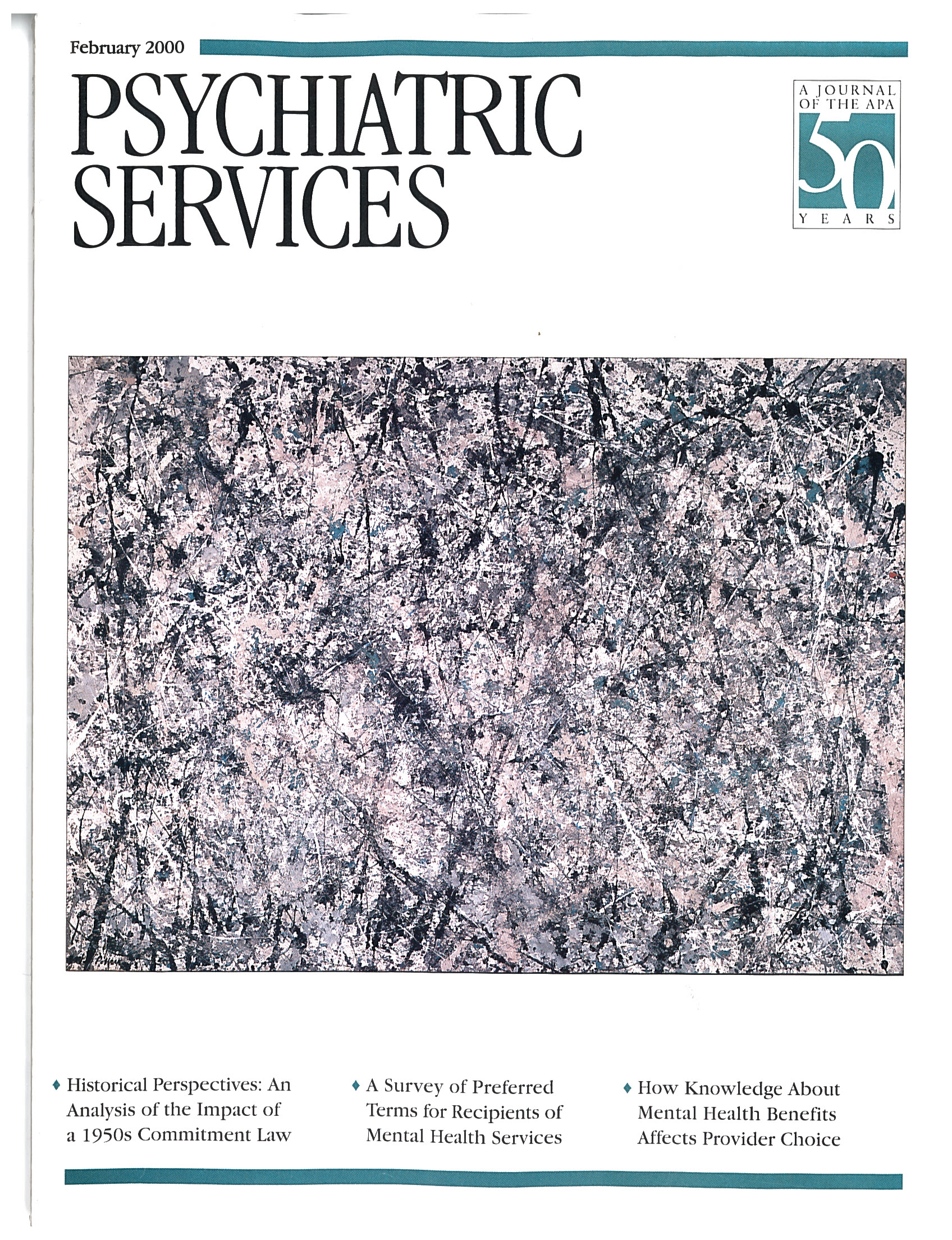Sexually Aggressive Women: Current Perspectives and Controversies
Certain words become unwieldy. Over time they acquire too much conceptual freight; eventually, they are abandoned or redefined. Consider "rape," defined in British common law as "carnal knowledge of a woman by force against her will." The concept has been expanded and now includes attempts at sexual touching brought on by nonviolent tactics, including emotional and verbal pressure and taking advantage of the partner's unconscious or semiconscious state. By this definition, you may have been raped when your baby woke you up in the middle of the night to breastfeed.
Also, by this expanded definition, about 18 percent of college men have experienced sexual coercion by women. None of the examples in the book involved use of a weapon or genital damage, and one-third of the men surveyed reported no negative impact. Here are some examples: "I was at a prom and got drunk. I passed out/fell asleep on a bed. She grabbed my penis and started to have oral sex. When I became erect she took her clothes off and tried to have intercourse with me but I stopped her." Other respondents reported that they were "upset by advances from women described as being unattractive, large, fat, and 'beyond my acceptable weight limit.'"
One thinks of the legendary Don Juan. Were all 1,800 seduced women on his list rape victims? In Mozart's Don Giovanni, the commandant certainly believes his daughter was raped and comes back from the dead to punish Don Giovanni for it. But what about Donna Elvira? She stalks Don Giovanni because she wants more. Her sexual advances are certainly unwelcome to him. She may be beyond his weight limit. Does this mean Don Giovanni himself should now join the list of the 1,800? What the feminist contributors to this book are underlining when they talk about the patriarchy is how consummately indulgent we are of Don Juan's sexual fantasies even unto the 1,800th victim, and how easily bored we are by those of Donna Elvira.
Speaking of sexual fantasies, there is no mention in this book of the world of sadomasochism; words like dominatrix and bondage do not appear even in the index, although they have to have been part of the post-HIV, post-gender-revolution era in which undergraduates are floundering.
How should we respond to the data in this book? With admirable chivalry, feminist contributors have proposed prevention programs to help men protect themselves sexually, learn assertiveness, and improve their self-esteem. Preliminary studies of female aggressors parallel findings in males: abusive childhoods and exploitive personality patterns. Enviable Sweden is invoked; besides maintaining the lowest infant mortality on the planet and outlawing spanking, the Swedes require young people to take a course in relational ethics. Somehow I doubt this approach is the answer for us. Sweden is on a different trajectory. In the 17th century that country was dealing with the proto-feminist Queen Christina while we were coping with Cotton Mather. At this rate we may never catch up.
Sexually Aggressive Women is a thought-provoking book that leaves the reader wondering why so many of our beautiful children are treating each other so badly at the very threshold of sexual ecstasy and delight.
Dr. Goodwin is professor of clinical psychiatry at the University of Texas Medical Branch in Galveston.



